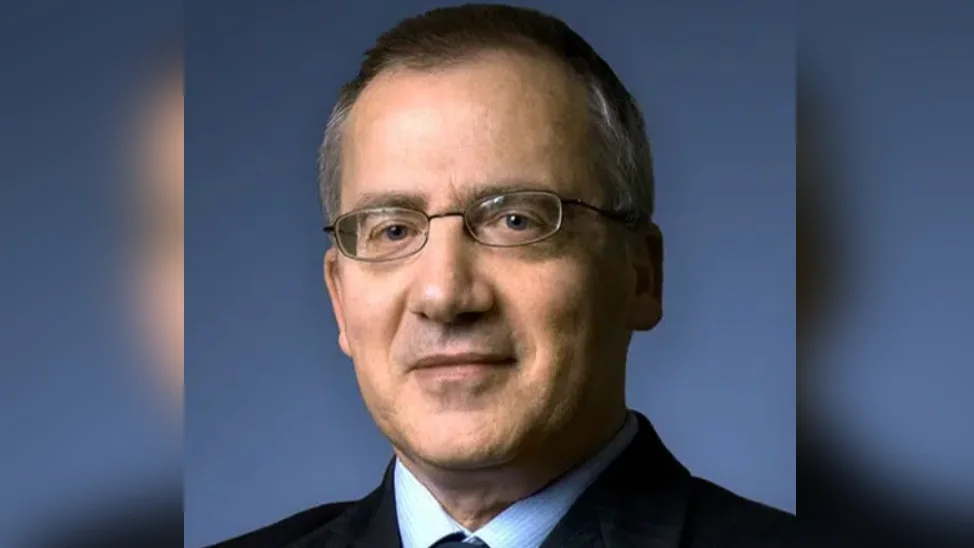
Katie Breece, a 27-year-old professional from Seattle, experienced an unexpected stroke that drastically altered her life. Previously healthy and active, Breece woke up one morning to find herself in the throes of a transient ischemic attack (TIA) that rapidly escalated into a full-blown stroke.
During her hospitalization amid the COVID-19 pandemic, her boyfriend discovered a research study known as "SUPER" at the Institute for Stroke and Cerebrovascular Diseases at The University of Texas Health Science Center at Houston (UTHealth Houston). This intensive upper extremity recovery program for chronic stroke patients offered 30 hours of therapy per week for three weeks, including occupational therapy, physical therapy, neuromuscular electrical stimulation, and cardiovascular exercise.
Despite initial hesitations, Breece committed to the demanding program. Working closely with her occupational therapist Emily Stevens, she saw significant improvements within days. Her father also noticed these changes and Breece began to see progress in her arm and leg function.
Stevens recalls Breece's determination during their first conversation about the study: “In my first conversation with Katie over a video call, she said that she was an A++ student and up for the challenges ahead,” Stevens said. “Failing was obviously not an option for her. I saw that on the first day of the study – Katie was open and eager to try anything we asked her to do, regardless of how challenging it may have been.”
After completing the SUPER program, Breece continued rehabilitation at Pushing Boundaries—a nonprofit organization in Washington—where she participates in exercise sessions multiple times a week. The support she found there has played an invaluable role in her ongoing recovery.
Breece also lives with aphasia—a language disorder that affects communication abilities—and uses this experience to empower other survivors through public speaking engagements and advocacy work. She emphasizes the importance of raising awareness about stroke and its effects while breaking down associated stigmas.
Throughout her journey, Breece has leaned on the unwavering support of her loved ones, including her boyfriend Brett Gurzick, her parents, and her sister Nina Breece. Their love and encouragement have been instrumental in helping her navigate the challenges of stroke recovery.
Breece's message to other stroke survivors is one of hope and perseverance. She encourages them to actively seek out programs, studies, and clinical trials that can aid in their recovery. By sharing her progress on Instagram (@Katie_stronger_then_stroke), she aims to inspire others to never give up on their journey to recovery.
Her story serves as a powerful reminder that with determination, hard work, and a strong support network, stroke survivors can make remarkable progress and improve their quality of life. As she continues to share her experiences and advocate for fellow survivors, Breece stands as a beacon of hope and resilience for the stroke community.